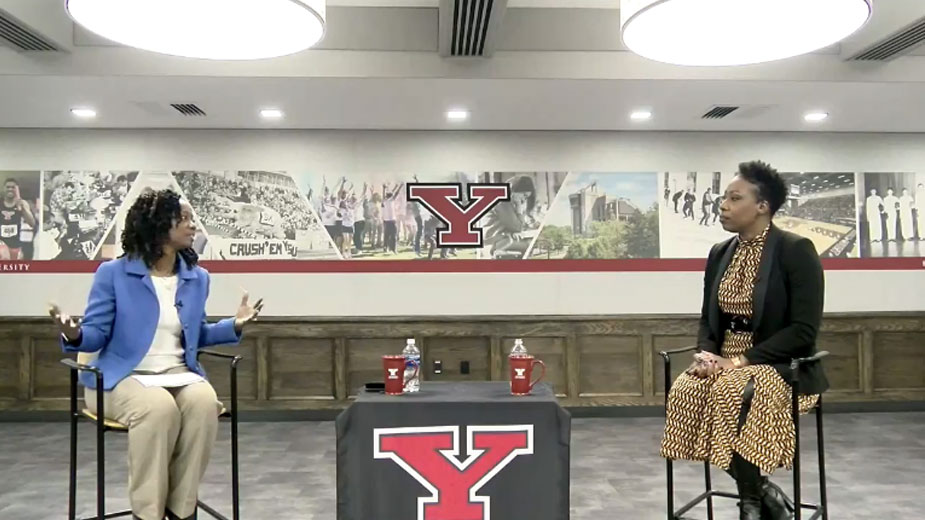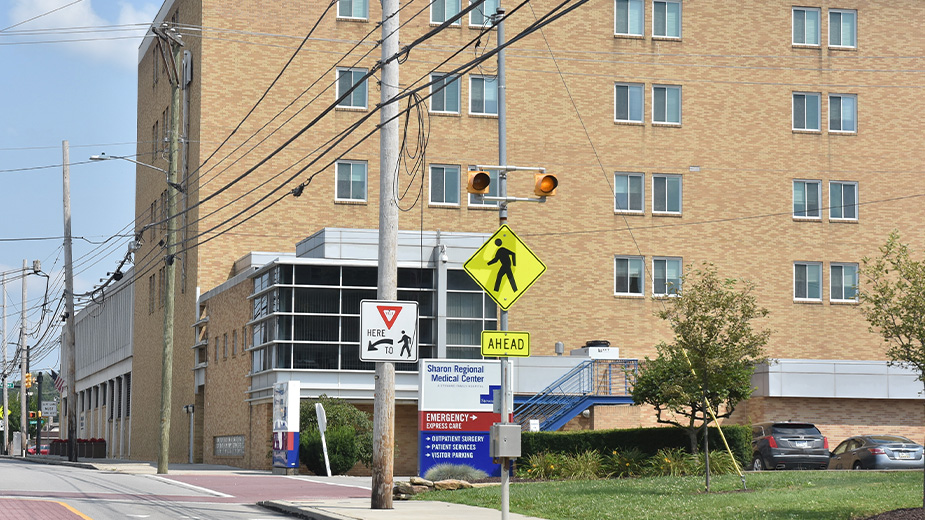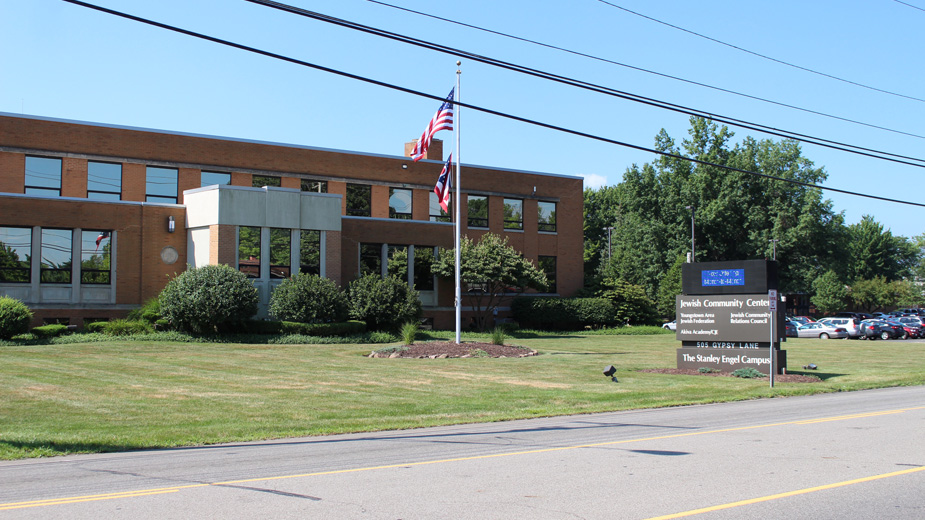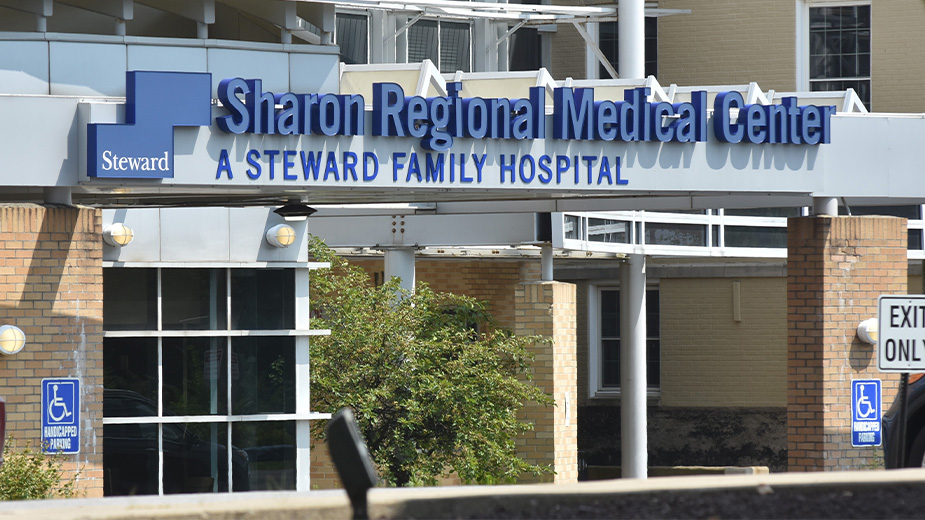YSU Alumni Lecture Looks at Public Health Inequities
YOUNGSTOWN, Ohio — Growing up in Baltimore, Michelle Edison recalls having a grocery store at the end of her street that her family could walk to.
It was fortunate, she said, because her family didn’t have a car.
She relates that experience to the clients she serves as director of health equity strategies and initiatives for Mahoning County Public Health. Transportation is one of the social determinants of health that the organization looks at when putting together its initiatives.
“Those are things that today I would take for granted,” she said. “I can easily go out and go to the store. And so, we need to think differently. Not just from my perspective, but from the people that we serve.”
During a Youngstown State University Alumni Lecture Series program Thursday evening, Edison discussed her thoughts on public health and equity with Dr. Nicolette Powe, assistant professor of health professions at YSU. Edison earned a Master of Public Health from YSU in 2016.
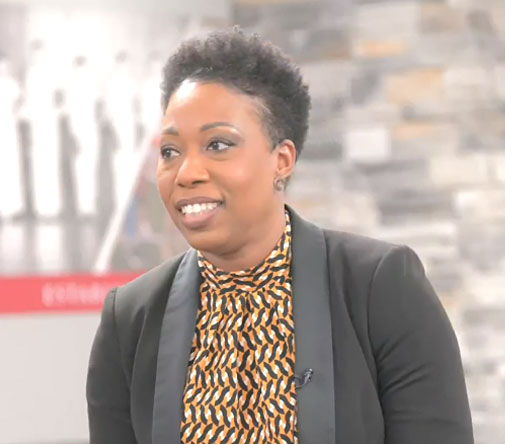
Edison started her career in exercise physiology. After moving to the Youngstown area, she got a job teaching fitness classes and personal training at the Central YMCA branch downtown. She also taught classes in the former exercise science department at YSU.
The experience gave her a broader perspective on how to merge exercise with clinical concepts to help individual overcome chronic conditions, she said. In 2016, she became coordinator for the Pathways HUB at Mahoning County Public Health, which was developed to address the issue of infant mortality in the area. Pathways works with community health workers who work with the department’s clients – many of whom are new or expectant mothers – to ensure they have what they need.
When looking at the disparities with infant mortality and health equity in the area through a public health lens, Edison says it’s not just about the clinical component; “It’s what led to all of that,” including social determinants of health, such as environment, housing and employment.
“We know that it is a combination of our environment and our relationships, and are we able to access the things that we need,” she said. “A lot of things that we may not always consider.”
Determinants such as having transportation to work, walkable sidewalks, paved roads and grocery stores within walking distance “are common issues that people talk about all the time,” YSU’s Powe added.
“Do you know how to cook? That’s a real issue,” she said. “Do you have time to cook? Do you work two or three jobs?”
Paying attention to those issues puts public health professionals in a good position to ameliorate health disparities, Edison said. And while 2020 was a challenging year for public health, “It’s probably been the best year to be in public health,” she said.
“We have seen the focus shift across the country. We’ve seen and heard people acknowledge the disparities that have been embedded in our communities for decades,” she said. “And we now have the opportunity to hopefully address them in a significant manner.”
In August 2020, Edison was named MCPH’s director of health equity strategies and initiatives.
While public health organizations do well at implementing evidence-based programs, “We don’t necessarily engage the community or get their input on some of these issues. And they may see it from a different viewpoint than what we see it from,” Edison said.
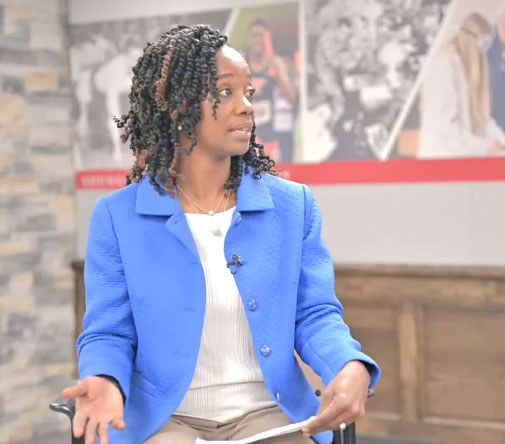
Communities across the country would benefit from conversations between local leaders and residents, YSU’s Powe said. “And not only just talk about what these problems are, but to help identify potential solutions,” she said.
“If we’re trying to find solutions,” Powe continued, “sometimes it is so easy to get stuck in what we’ve always done.”
Creating a platform for direct communication will ensure residents’ voices are being heard, Powe said. It also gives public health organizations a way to gauge if residents are applying the information and to what level of success.
One of the topics Pathways looks to discuss with residents this year is maternal health, Edison said. Pathways is developing a community council composed of mothers, who will provide input and share their experiences.
Addressing maternal health will lend itself to the larger issue of infant mortality, Powe noted.
“Research clearly shows that a healthy mom, before she thinks about being a mom … just being healthy in general before conception is so important,” Powe said. “Even when you’re not thinking about having a baby, because you never know what might happen.”
Personal health is equally important during pregnancy as well as after the baby arrives, she adds. To that end, part of the role of public health professionals is to identify the organizations that can keep residents informed about their personal health and get them involved.
And infant mortality is “just the tip of the iceberg;” a symptom of the larger problem when it comes to public health inequity, Edison added. This year, Pathways also established a group that’s been discussing racism as a public health crisis.
“When we talk about collective impact, it is all of those puzzle pieces being put together to make that full picture,” she said. “And sometimes the roles that we need to fill aren’t the ones that we expect.”
Engaging those groups during the pandemic was a challenge, Edison said. Typically, community health workers go into the homes of clients, but that wasn’t possible in 2020.
Still, it provided Pathways an opportunity to innovate new ways of reaching its clients, Edison said. “Some of the things that we had to change we will probably continue to implement those things because we found them to be so effective.”
One recent innovation was a social media campaign with Facebook and Instagram for the My Baby’s 1st infant mortality coalition. Organizations, programs and stakeholders comprise the community-wide initiative to reduce infant mortality and eliminate birth outcome inequities in Mahoning County and Youngstown.
The real test for public health organizations will be moving the needle in a positive direction with the funds that they have, Powe said. That may include knowing when to speak up, when to let go and when to “be open to what could be,” she said.
“If we don’t affect the health of everyone in the community, our whole community won’t be healthy,” Edison added. “If one of us suffers, we all suffer.”
To watch the conversation in its entirety, go to the Youngstown State Alumni Engagement Facebook page.
Pictured at top: Dr. Nicolette Powe of YSU discusses the importance of public health moving into 2021 with Michelle Edison of Mahoning County Public Health.
Copyright 2024 The Business Journal, Youngstown, Ohio.
